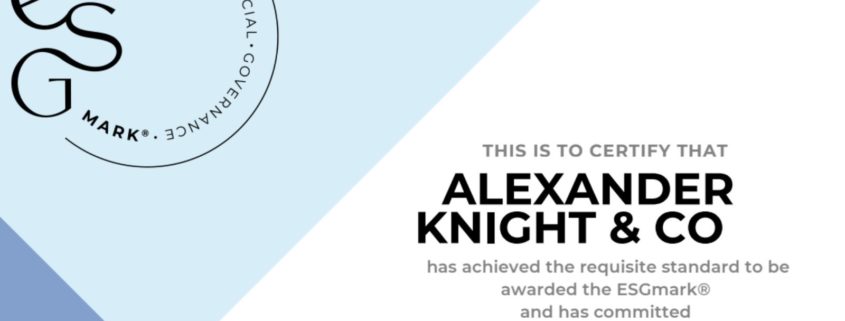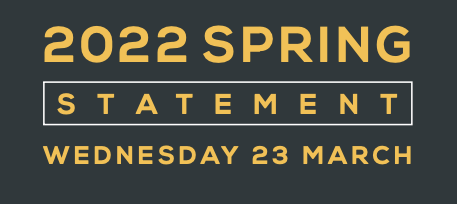Are you a graduate looking for an opportunity to start your career in accountancy?
- Have you recently graduated or are graduating within the next 12 months – ready for an Autumn 2026 start?
- Would you like to join an accountancy practice that will support you to progress the first steps in your career?
- Apply now to join our growing team based in Hale, Greater Manchester.
Alexander Knight & Co is a modern, progressive and forward-thinking accountancy practice. We are committed to ongoing training and development in order to best serve the needs of our brilliant team and incredible, loyal clients, with a reputation for delivering high quality work through a friendly proactive style of accountancy.
Our client base is large and varied across a number of sectors both locally and nationally and we are active members of a renowned global accountancy network. We promote a positive and professional culture within our company and offer a supportive and flexible approach to working which is appreciated by both our staff and clients.
Candidate Requirements
Polite & professional manner.
Smart appearance.
Bright & articulate – able to engage with colleagues & clients appropriately, with ease & confidence.
Enthusiastic, self-motivated & keen to learn & progress within a professional environment.
Punctual, reliable, responsible, conscientious & trustworthy.
High level of numeracy & literacy essential.
Excellent organisational skills & consistent, accurate & analytical working methods.
Effective time management, strong communication skills & a high level of attention to detail.
Able to work independently & as part of a team.
5 (preferably 7) good GCSEs (grades A*-C/9-6) to include Maths & English ideally at the highest levels (A/A*/8/9)
2 A-levels (or equivalent)
Degree (2:1 or above)
Prospects and Benefits
- Real potential for fast- track career progression.
- Full support for completing studies and achieving career ambitions through staff training – on the job and external course provision.
- Competitive salary
- Agile, flexible approach to working, with opportunities for a hybrid basis i.e. a mix of remote and on site.
- Modern, vibrant working environment, centrally located and within walking distance of both a village and a town.
- Parking, excellent transport links.
Disclaimer
Alexander Knight & Co is an equal opportunities employer and no terminology in this advert is intended to discriminate on the grounds of a person’s gender, marital status, race, religion, colour, age, disability or sexual orientation.
All candidates will only be assessed in accordance with their merits, qualifications and abilities to perform the role expected. Only successful applicants will be invited to the next stage consisting of an interview and assessment. We look forward to receiving your application via email to alison@alexanderknightaccountants.co.uk. You can read more about our practice here.















